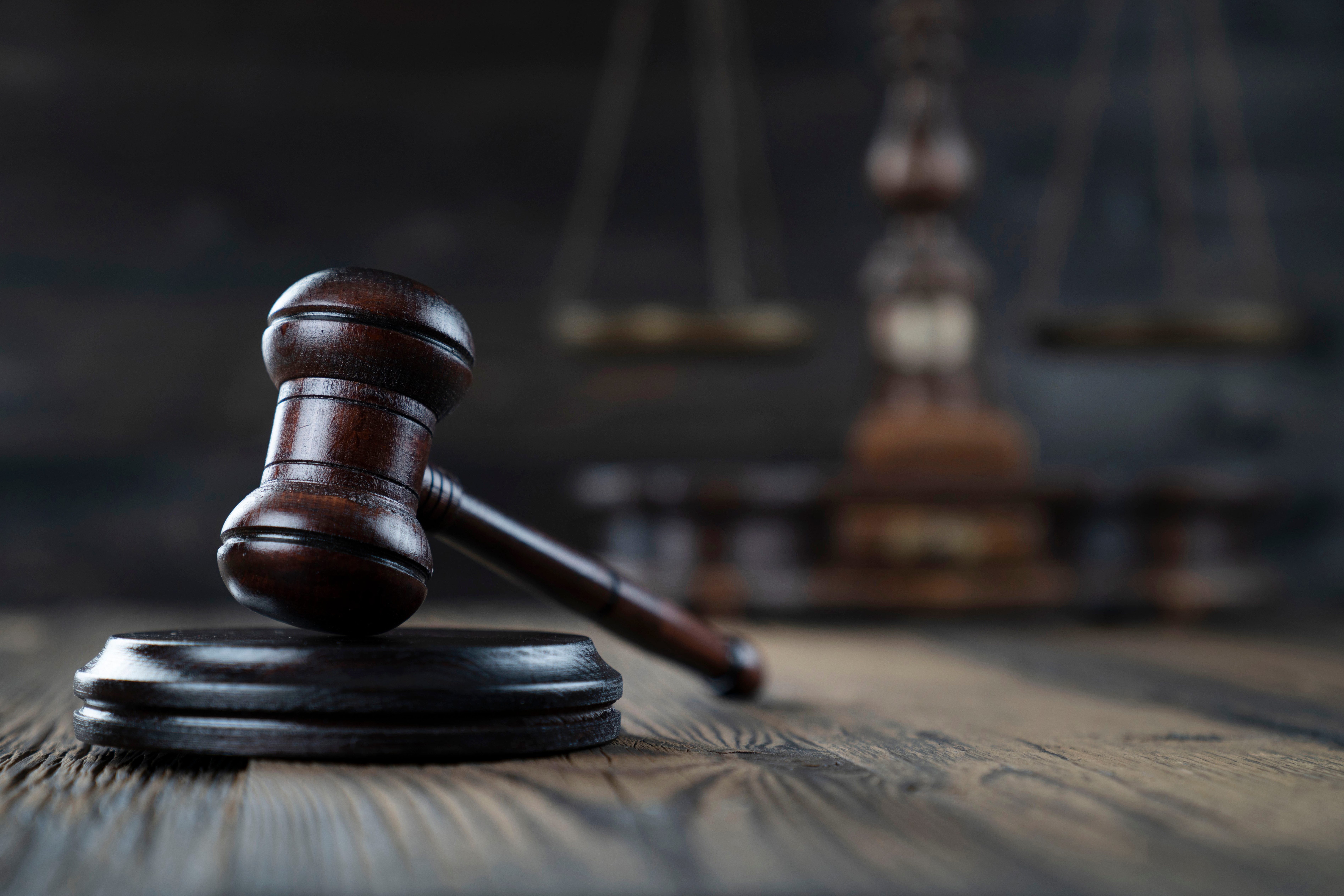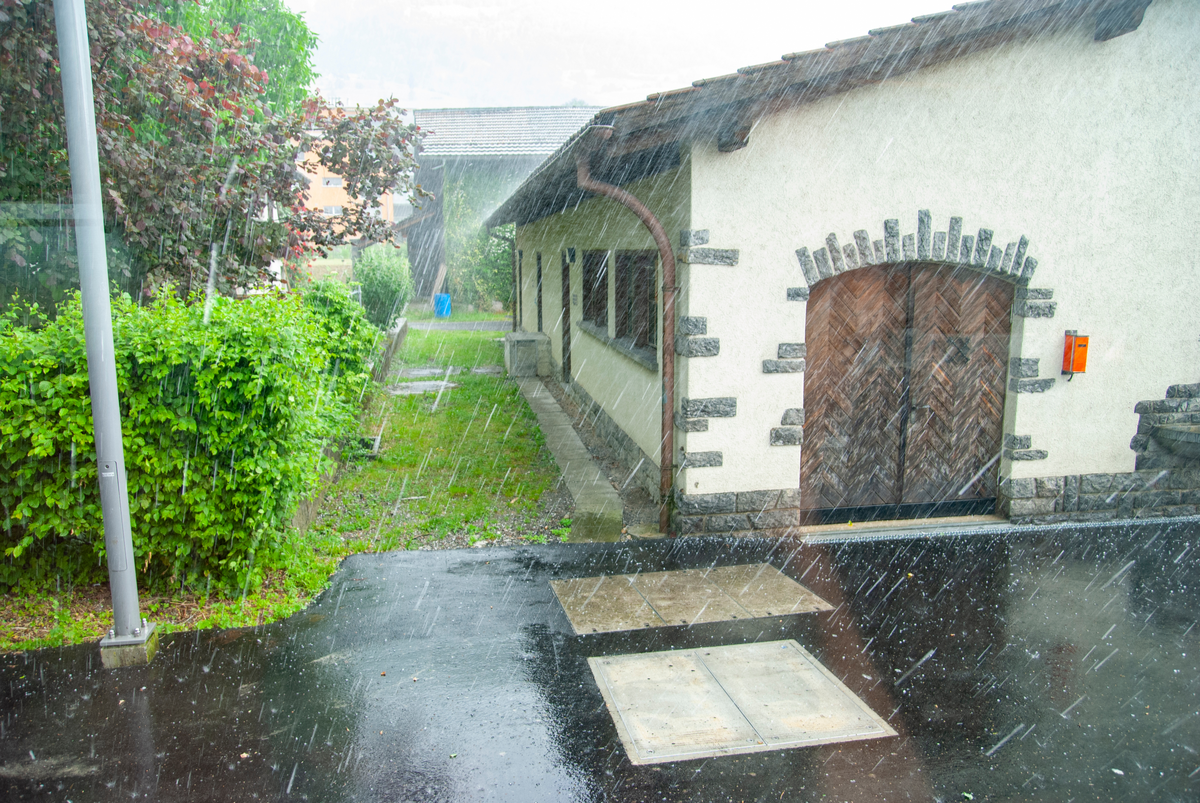
In 2019, the Supreme Court of Texas issued a pair of decisions that allowed policyholders to prosecute claims under the Texas Prompt Payment of Claims Act (“TPPCA”) even after the insurers paid appraisal awards. The decisions were a modification of law and so post-appraisal litigation has and continues to evolve. One such example is a recent decision from District Judge Tipton of the Southern District of Texas in White v. Allstate Vehicle and Property Insurance Company, which has provided a potential road map for insurers looking to curb post-appraisal demands and litigation after the payment of an appraisal award.[1] About The Author




